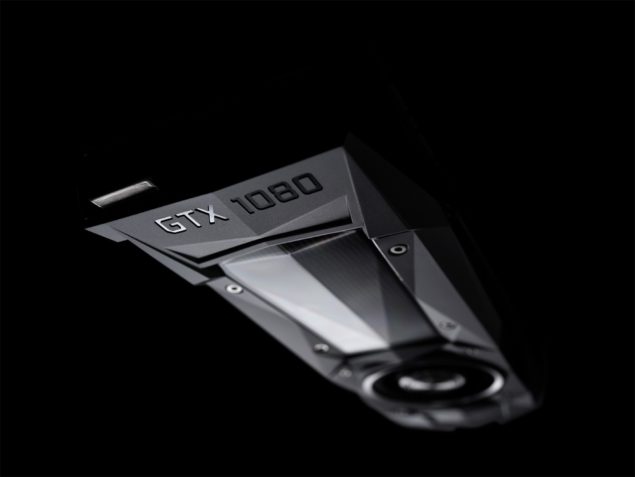NVidia presented its own line of Founders Edition graphics cards, with interest in them constantly rises, making the company come up with a decision to continue making custom-made Founders Edition graphics cards in 2017. The custom-made Founders Edition GTX 1080 and GTX 1070 are more expensive than custom variants sold by NVidia’s Add-In-Board partners but the cards managed to achieve strong sales.

This could lead to a battle between NVidias and the company’s hardware partners. Something similar happened after Microsoft presented the first generation of the Surface Pro device, with hardware manufacturers accusing the software giant of entering hardware market in order to steal a piece of their profit.
For now, sales of Founders Edition graphics cards aren’t so high to provoke NVidia’s hardware partners, but they could end up dissatisfied because their custom card sales could suffer. After all, the market is limited and any rise in sales of NVidia’s custom cards will mean that AIBs will experience lower sales and lower profit.
NVidia started making custom video cards because the company noticed the recent rise of the DIY PC market, and the shift in the market, pushing up the sales of high-end video card models such as the GTX 1070 and the GTX 1080. But, even if NVidia continues to produce Founders Edition video cards, the chances are the company will offer custom models of just a few high-end models, meaning that its partners won’t see a drop in profit in the most lucrative part of the market, the mid-range segment.
At the moment the AIB GPU market makes a profit of a few hundred million US dollars every quarter. The numbers include profit from the 10 largest graphics card manufacturers such as ASUSTeK Computer, GIGABYTE Technology, Micro-Star International (MSI), Palit Microsystems, ZOTAC, and Colorful.
If NVidia wants a piece of the market pie, it will have to find a way to boost the sales of its own custom cards while at the same time not provoking its hardware partners, because it may happen that some companies start refusing to make cards based on NVidia’s chips.
NVidia does have an important advantage. The company can restrict the release of custom cards from its partners, offering Founders Edition cards first, and letting a certain time of exclusive sales to pass before allowing other manufacturers to start selling their own custom-made cards.
But even if NVidia continues to make and sell Founders Edition video cards, it won’t take a large portion of the market. Even if the market gradually switches to high-end cards, the mid-range part of it is still the largest one, by far.
